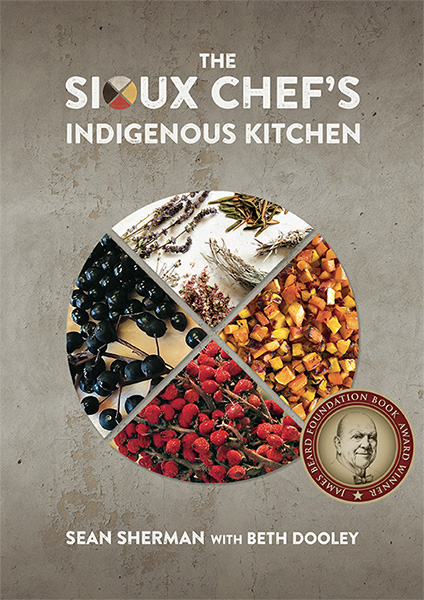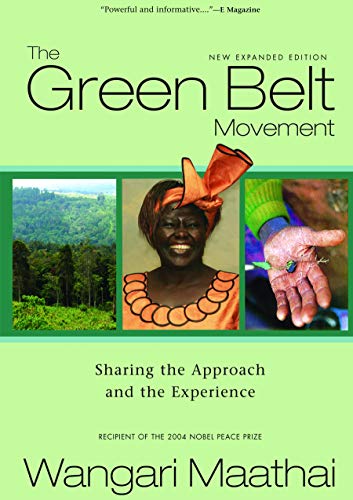Dr. Sparsha Saha’s Reading List for Understanding Food Systems and Sustainability
Sparsha Saha’s Great Food Transformation course at Harvard explores the costs, politics, and opportunities in our human food systems. In the class, Saha asks, “How can we transform diets in ways that are equitable, feasible, and sustainable?” The political science lecturer has prepared 5 topics for understanding food system transformation along with recommended readings.
1. Getting the facts straight.
The food system is big and complex. What exactly are the environmental and health costs of our dominant diets, particularly in wealthier countries? If you’re looking for the most cutting-edge and comprehensive studies that investigate the key food drivers of infectious diseases, preventable diet-related deaths, unsustainable water and land use, alterations to our planet’s biogeochemical cycles, biodiversity loss, and climate change, then read peer-reviewed articles published by IPBES and in Science, Nature, and The Lancet. If you’d rather watch a documentary, then check out Eating Our Way To Extinction, narrated by Kate Winslet.
2. While the facts are straightforward, the solutions are not.
These range widely from those that seek to address the underlying root causes all the way to those that change the food environment with new technologies like precision fermentation, allowing people to have their ‘cheese’ and ‘eggs’ and eat them too. There are even solutions like agroecology and regenerative agriculture that aim to change farming practices to better synchronize human needs with the planet’s. The Harvard Radcliffe Institute recently hosted a symposium panel on the future of food that covered other exciting new solutions like plant genome editing (Diane Beckles, UC Davis), algorithmic agricultural advice (David Hughes, Penn State), and integrated sustainability analysis (Mengyu Li, University of Sydney in Australia).
3. Politics plays an important role.
There are few who wouldn’t say that politics plays an important role in shaping our food system, for better or worse. Which solutions we champion to transform the food system is as much a question of political feasibility as it is effectiveness. To understand how a major food system shift can be conceptualized, I highly recommend reading through the November 2023 Special Feature, published in PNAS and co-edited by William Clark, on Sustainability Transitions in Consumption Production Systems.
5. We must ensure equity.
Of course, as we make changes to our food systems, we have to make sure that the gains are equitably distributed. This case report on the lack of access to healthy foods in Santa Clara county’s low-Income communities by Food Empowerment Project provides an in-depth example of a major food security problem across cities that needs urgent attention. There is tremendous power and potential for change when indigenous grassroots organizations thrive, as the great Wangari Maathai shares in her widely celebrated book on the Green Belt Movement. And, if you’re looking for some inspiration in the kitchen, consider picking up Sean Sherman’s The Sioux Chef’s Indigenous Kitchen.


6. The transformation will be complex.
Finally, the more that I have learned in the interdisciplinary field of food systems and sustainability, the greater my acknowledgment of the complexity involved in transforming it. Read David Hindin’s essay to learn more about the unique challenge of the climate crisis and how we, humans, must dig deep to address it. The opportunity to sequester vast amounts of carbon by freeing up agricultural lands is also a threat to the livelihoods and cultures of millions of people around the world. In my course, I had the pleasure of interviewing a hunter in lecture, and he instilled the important idea within me that getting closer to our food, whatever we choose to eat, could be a good thing (for more on this, read Saying No to a Farm-Free Future by Chris Smaje). However, even this is a complicated notion, if you read Regenesis by George Monbiot.
Food will mark the 21st century, particularly as climate change makes it more difficult to grow crops, feed, and forage. To remain critical, curious, and aware is what I tell my students to do because it is what I have learned to do in this emerging and paramount field.
